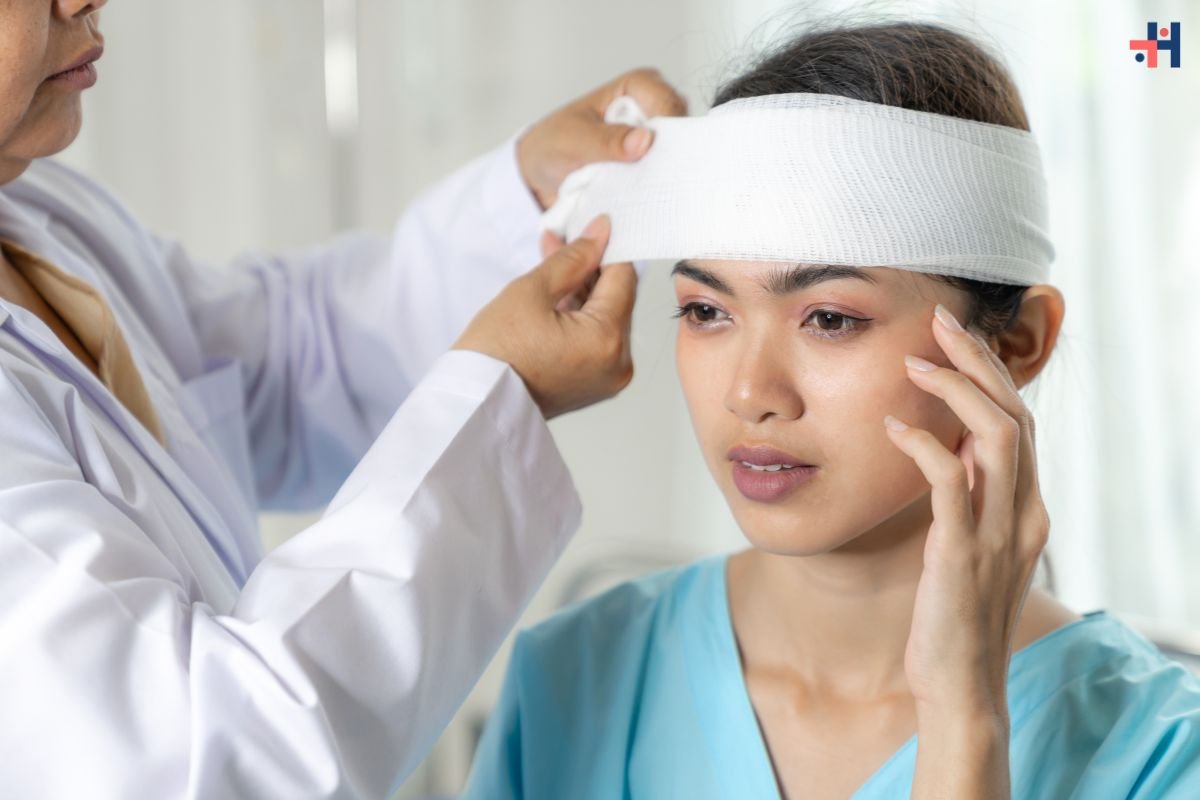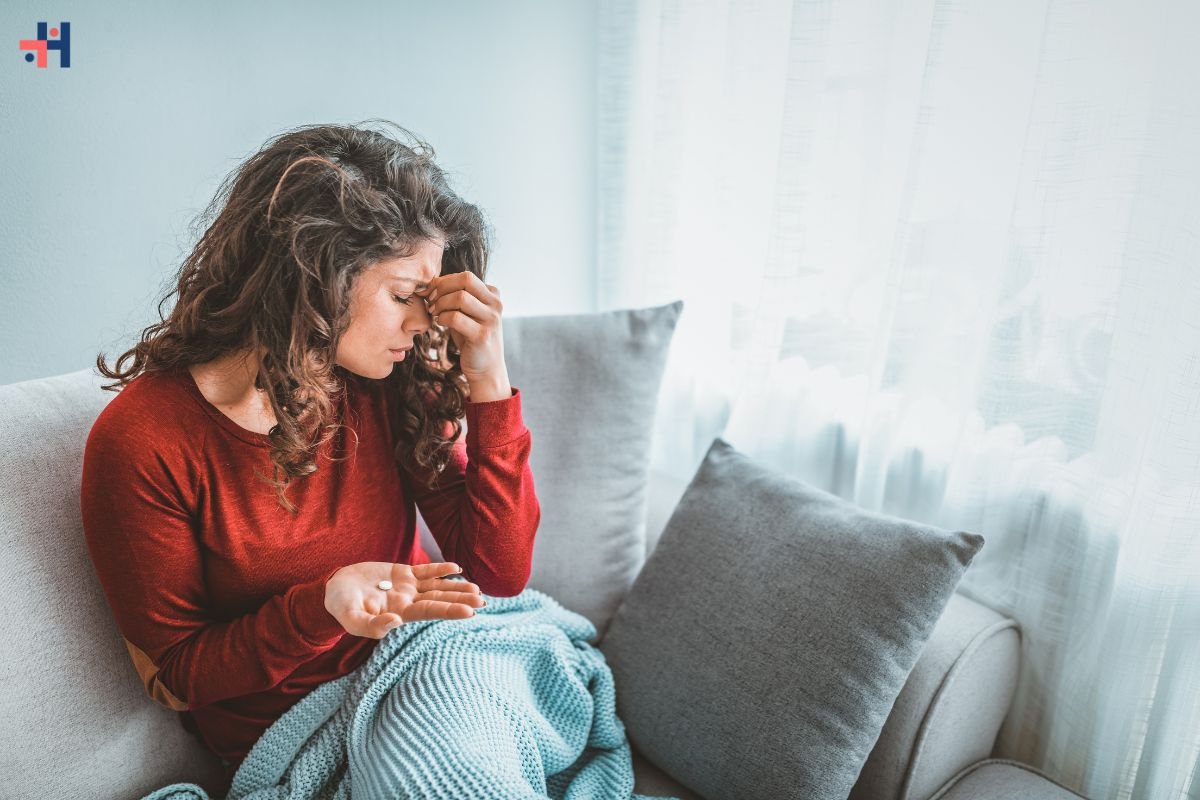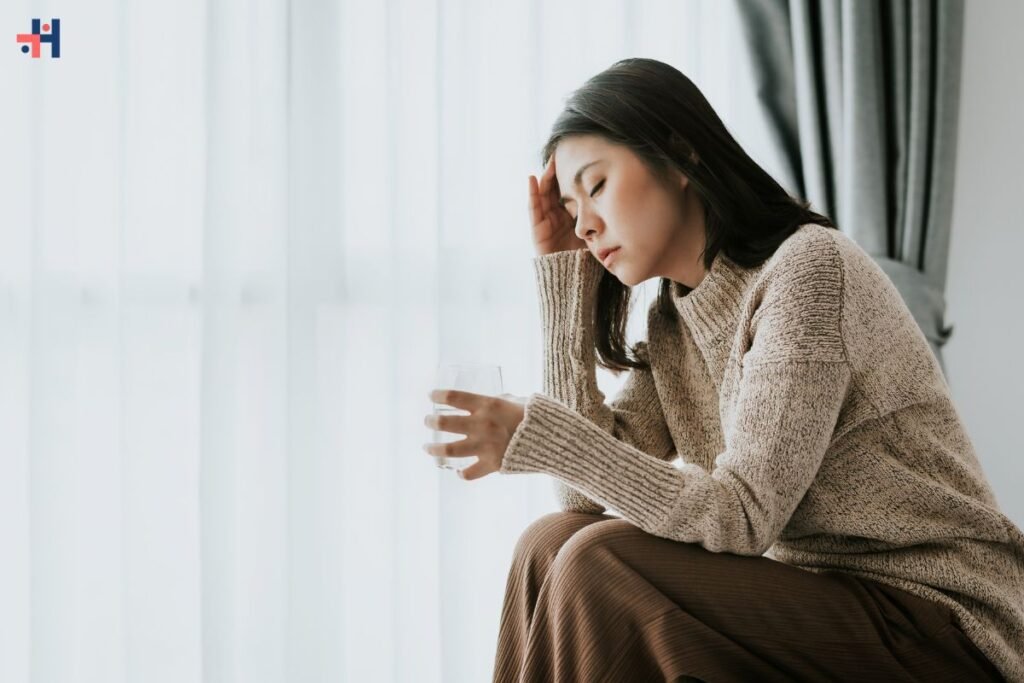Post-concussion syndrome (PCS) is a complex disorder that can occur after a mild traumatic brain injury, such as a concussion. While most people recover fully within a few weeks or months after a concussion, some individuals experience persistent symptoms that can affect their daily lives. In this article, we will explore the causes, symptoms, diagnosis, treatment options, and recovery strategies for post-concussion syndrome.
What is Post-Concussion Syndrome?
PCS refers to a set of symptoms that persist for weeks, months, or even years after a concussion or mild traumatic brain injury (mTBI). While the exact cause of PCS is not fully understood, it is believed to result from structural damage to the brain and disruptions in its normal functioning.
Causes of Post-Concussion Syndrome:
PCS typically occurs after a blow or jolt to the head that disrupts the normal functioning of the brain. This can happen as a result of various incidents, including:
- Sports-related injuries
- Car accidents
- Falls
- Physical assaults
- Blast injuries (common in military personnel)

While the severity of the initial injury does not always correlate with the development of PCS, certain factors may increase the risk of experiencing persistent symptoms, such as:
- Previous history of concussions
- Older age
- Female gender
- Pre-existing mental health conditions, such as anxiety or depression
- Certain genetic factors
Symptoms of Post-Concussion Syndrome:
The symptoms of PCS can vary widely from person to person and may include:
- Headaches or migraines
- Dizziness or vertigo
- Fatigue or lethargy
- Difficulty concentrating or remembering
- Irritability or mood swings
- Sleep disturbances, such as insomnia or excessive sleepiness
- Sensitivity to light or noise
- Blurred vision or double vision
- Nausea or vomiting
- Anxiety or depression
It is essential to note that not all individuals who experience a concussion will develop post-concussion syndrome. However, those who do may find that their symptoms worsen with physical or mental exertion, stress, or lack of sleep.
Diagnosis of Post-Concussion Syndrome:

Diagnosing PCS can be challenging due to the subjective nature of the symptoms and the absence of definitive diagnostic tests. Healthcare providers typically rely on a combination of medical history, physical examination, and symptom assessment to make a diagnosis.
During the evaluation process, the healthcare provider may ask questions about the individual’s injury, symptoms, medical history, and lifestyle factors. They may also conduct a neurological examination to assess cognitive function, balance, coordination, and sensory perception.
In some cases, additional tests may be ordered to rule out other conditions that could be contributing to the symptoms, such as imaging studies (e.g., CT scan or MRI) or neuropsychological testing.
Treatment Options for Post-Concussion Syndrome:
Treatment for PCS focuses on managing symptoms and promoting recovery. While there is no single approach that works for everyone, some common treatment strategies include:
- Rest and Activity Modification: Initially, individuals with PCS may need to limit physical and cognitive activities to allow the brain to heal. Gradual return to activities, under the guidance of a healthcare provider, can help prevent symptom exacerbation.
- Medications: Over-the-counter or prescription medications may be recommended to manage specific symptoms of PCS, such as headaches, nausea, or sleep disturbances. However, medications should be used judiciously and under the supervision of a healthcare provider to avoid potential side effects or interactions.
- Cognitive Rehabilitation: Cognitive rehabilitation therapy may help individuals improve cognitive function, memory, attention, and problem-solving skills. This type of therapy typically involves exercises and strategies tailored to the individual’s specific needs and challenges.
- Vestibular Rehabilitation: Vestibular rehabilitation therapy can be beneficial for individuals experiencing dizziness, vertigo, or balance problems after a concussion. This type of therapy aims to retrain the brain and central nervous system to compensate for vestibular dysfunction.
- Psychological Counseling: Counseling or therapy may be recommended for individuals experiencing emotional or psychological symptoms, such as anxiety, depression, or irritability. Cognitive-behavioral therapy (CBT) and other psychotherapeutic approaches can help individuals develop coping strategies and improve their overall well-being.
- Lifestyle Modifications: Making healthy lifestyle choices, such as maintaining a balanced diet, staying hydrated, getting regular exercise, and practicing stress management techniques, can support recovery from post-concussion syndrome.
Recovery from PCS:
Recovery from PCS varies from person to person and may depend on factors such as the severity of the injury, the individual’s overall health, and their adherence to treatment recommendations. While some people may experience significant improvement within a few weeks or months, others may require more extended periods of recovery.

In general, the following tips may help promote recovery and improve outcomes for individuals with post-concussion syndrome:
- Follow a healthcare provider’s treatment recommendations and attend follow-up appointments regularly.
- Pace yourself and avoid overexertion, both physically and mentally.
- Get an adequate amount of rest and prioritize sleep hygiene.
- Gradually return to activities and responsibilities, avoiding sudden increases in activity level.
- Practice stress management techniques, such as deep breathing, meditation, or yoga.
- Seek support from friends, family members, or support groups to cope with the challenges of recovery.
Conclusion:
Post-concussion syndrome is a complex condition that can have a significant impact on an individual’s quality of life. By understanding the causes, symptoms, diagnosis, treatment options, and recovery strategies for PCS, individuals can take proactive steps to manage their condition effectively and improve their overall well-being. If you or someone you know is experiencing persistent symptoms after a concussion, it is essential to seek evaluation and guidance from a qualified healthcare provider. With the right support and resources, individuals with post-concussion syndrome can navigate their journey to recovery successfully.









